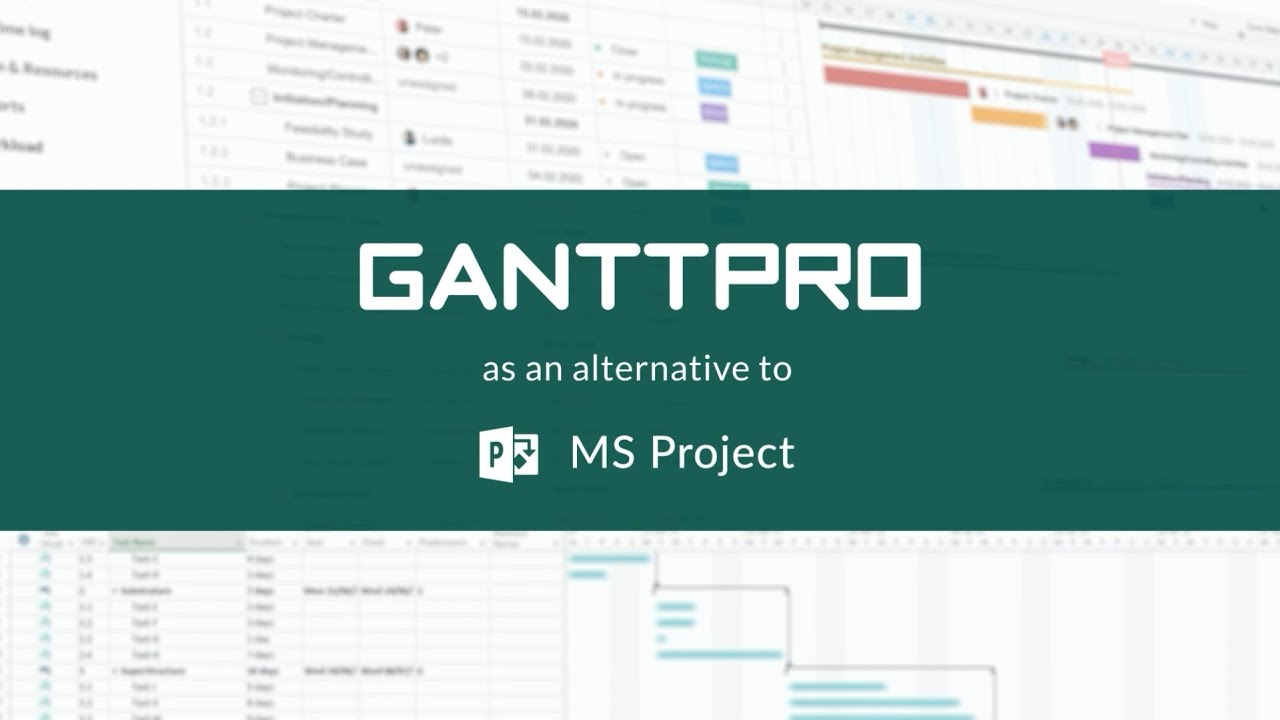Cost Management and Stakeholder Engagement in Project Management
Cost management is a critical aspect of any project, as it helps to ensure that the project stays within budget and that all stakeholders are satisfied with the outcome. In order to effectively engage stakeholders and ensure their satisfaction, it is important for project managers to have a solid understanding of cost management principles and practices.
One of the key components of cost management is developing an accurate project budget. This budget should take into account all of the costs associated with the project, including materials, labor, and overhead. It is also important to regularly monitor the project’s progress and adjust the budget as needed in order to stay on track.
Another important aspect of cost management is risk management. Projects often encounter unexpected challenges or obstacles, and it is important to have contingency plans in place to address these risks. By identifying potential risks and developing strategies to mitigate them, project managers can help to ensure that the project stays within budget and that stakeholders remain engaged and satisfied.
Understanding Stakeholder Engagement
Stakeholder engagement refers to the process of connecting with and involving stakeholders in the project planning and execution process. This can include regular communication and consultation with stakeholders, as well as collaboration on important decisions related to the project. Effective stakeholder engagement can help to build trust and ensure that all stakeholders are aligned and working towards a common goal.
One of the key benefits of engaging stakeholders is that it can help to identify potential roadblocks or challenges before they become major issues. By working closely with stakeholders and addressing their concerns in a timely manner, project managers can help to prevent delays and ensure that the project stays on track.
It is also important to consider the different types of stakeholders involved in the project and their individual needs and interests. This may include customers, suppliers, employees, regulators, and others. By taking the time to understand the perspectives and goals of each stakeholder, project managers can more effectively engage with them and build strong relationships.
Tips for Effective Stakeholder Engagement
Establish open lines of communication: Regular communication is key to effective stakeholder engagement. This can include regular updates and check-ins, as well as opportunities for stakeholders to provide feedback and ask questions.
Involve stakeholders in decision-making: Giving stakeholders a voice in the decision-making process can help to build trust and ensure that everyone is working towards a common goal.
Be transparent and honest: Transparency and honesty are critical to building strong relationships with stakeholders. This means being upfront about any challenges or risks, and actively seeking out stakeholder input and feedback.
Address stakeholder concerns in a timely manner: It is important to address stakeholder concerns as soon as they arise, in order to prevent them from becoming major issues.
The Role of Cost Management in Stakeholder Satisfaction
Cost management plays a crucial role in ensuring stakeholder satisfaction, as it helps to ensure that the project stays within budget and that all stakeholders receive the desired outcome. By effectively managing costs, project managers can help to avoid delays and ensure that the project is completed on time and within budget.
One of the main benefits of cost management is that it can help to prevent scope creep. Scope creep refers to the tendency for projects to expand beyond their original scope, which can result in increased costs and delays. By regularly monitoring the project’s budget and tracking its progress, project managers can help to prevent scope creep and keep the project on track.
Another important aspect of cost management is risk management. By identifying potential risks and developing strategies to mitigate them, project managers can help to ensure that the project stays within budget and that stakeholders remain engaged and satisfied.
Key Cost Management Strategies
Develop a detailed project budget: This should include all of the costs associated with the project, including materials, labor, and overhead.
Monitor the project’s progress: Regularly track the project’s progress and adjust the budget as needed in order to stay on track.
Identify potential risks: By identifying potential risks and developing strategies to mitigate them, project managers can help to ensure that the project stays within budget and that stakeholders remain engaged and satisfied.
Use Gantt chart software: Gantt chart software, such as Microsoft Project, Wrike, or Smartsheet, can be a valuable tool in helping to track progress and manage costs.
Conclusion
In conclusion, cost management and stakeholder engagement are two critical components of successful project management. By effectively managing costs and engaging stakeholders, project managers can help to ensure that the project stays within budget, is completed on time, and meetsthe expectations of all stakeholders. By using tools like Gantt chart software and regularly monitoring the project’s progress, project managers can stay on top of costs and risks, and ensure that the project remains on track and delivers the desired outcome.
Effective stakeholder engagement is also crucial, as it helps to build trust and alignment among stakeholders and ensures that everyone is working towards a common goal. By being transparent, honest, and addressing stakeholders’ concerns in a timely manner, project managers can foster strong relationships and ensure that all stakeholders are satisfied with the outcome of the project.
Cost management and stakeholder engagement may require some extra effort, but the benefits are well worth it. By effectively managing costs and engaging stakeholders, project managers can help to ensure the success of the project and deliver a positive outcome for all involved.

